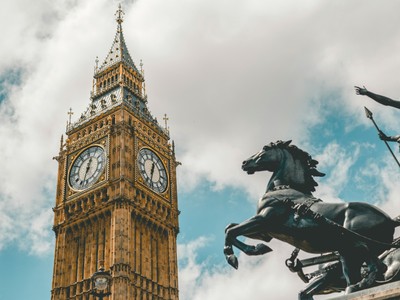Many of us may have been looking forward to Freedom Day on 19th July, but it turned out to be something of a damp squib in market terms. A two and a half per cent fall in the FTSE 100 on the very day saw our benchmark index slip below 7000. Rising Covid cases and a general realisation that the ending of legal restrictions would not make much of an immediate change to our economic fortunes took the wind out of investors’ sails. Indeed, my inbox has been full of emails from retail groups advising us that they will continue with the measures previously in place and requesting that customers continue to wear face masks.
The recent stronger dollar probably didn’t help our market. The popularity of the greenback owes a great deal to its perceived safe haven status. While the developed world may be advancing its vaccination programmes in a healthy fashion, emerging markets are less fortunate in having access to appropriate drugs. This in turn may impinge upon the global economic recovery. Nothing appears straightforward in this blighted world.
And we have another complication to contend with. Termed the “pingdemic”, our test and trace operation is forcing an increasing number of workers into self-isolation. This is taking place against a background of labour market shortages brought about by people leaving embattled industries, such as hospitality, to seek work elsewhere and a dearth of foreign workers coming here because of both the pandemic and Brexit.
So, despite the lifting of the measures designed to keep Covid at bay, the immediate outlook remains unclear. Inflation continues to be a concern, with supply chain disruption adding to the labour shortfalls, though weakening growth in developing countries may alleviate some of the pressure. Bond market yields, most notably in the US, support the contention that higher inflation is likely to be transitory. We certainly don’t want another problem added to the current mix, so let’s hope bond markets have got this right.
On the plus side, recent government borrowing figures add weight to the argument that our economic recovery is building. True, the amount borrowed in June was above the Office for Budget Responsibility’s estimates, but it was down on the same period last year and economists have generally taken heart from the direction in which we are now travelling. We have yet to see whether fewer restrictions translate into faster growth, but with Covid vaccination passports in prospect, perhaps our freedom could be curtailed. Transitory inflation is one thing. Transitory freedom quite another.



